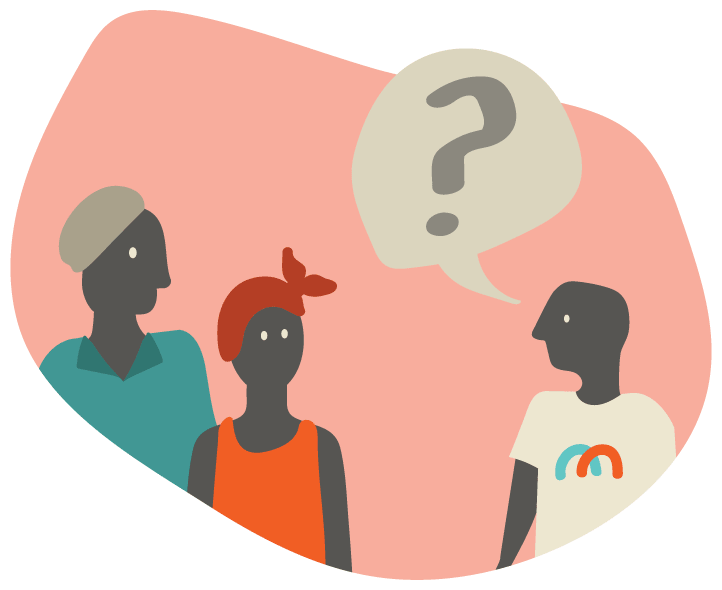
A human-centered design approach
In 2015, The Bill and Melinda Gates Foundation and IDEO.org partnered to improve mobile money for low-income people in East Africa using Human-Centered Design. Over 1.5 years, IDEO.org is partnering with innovative organizations, conducting research to deeply understand customers, designing and testing new solutions, and bringing digital financial offerings to market. We’ve already begun working with Airtel and Vodacom in Tanzania, as well as other innovative organizations like BimaAFYA. Read more...
